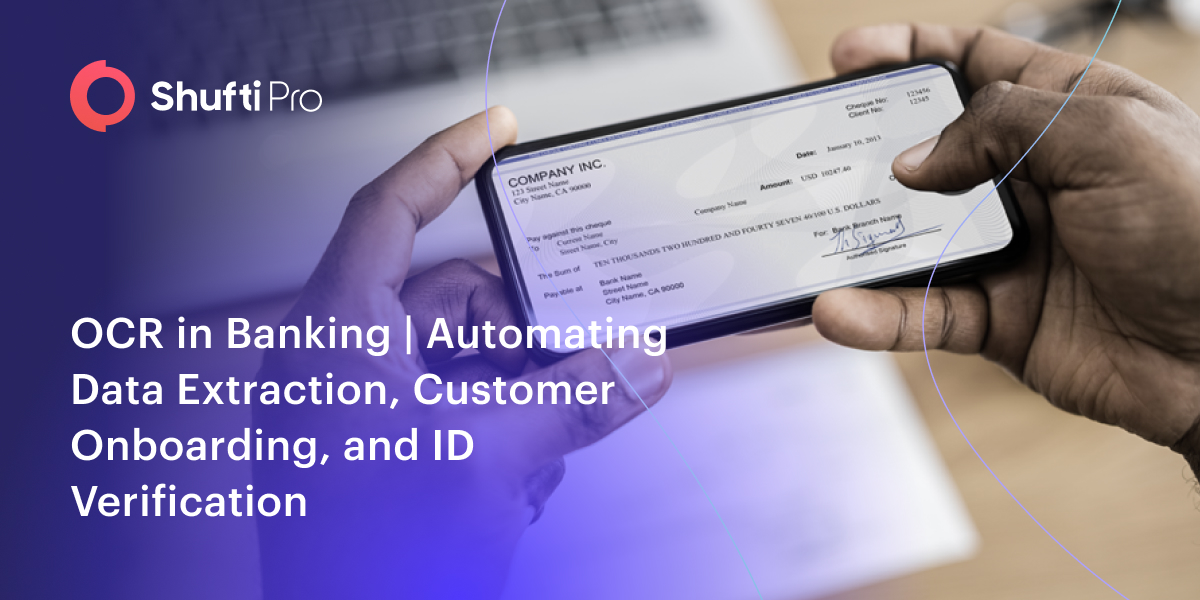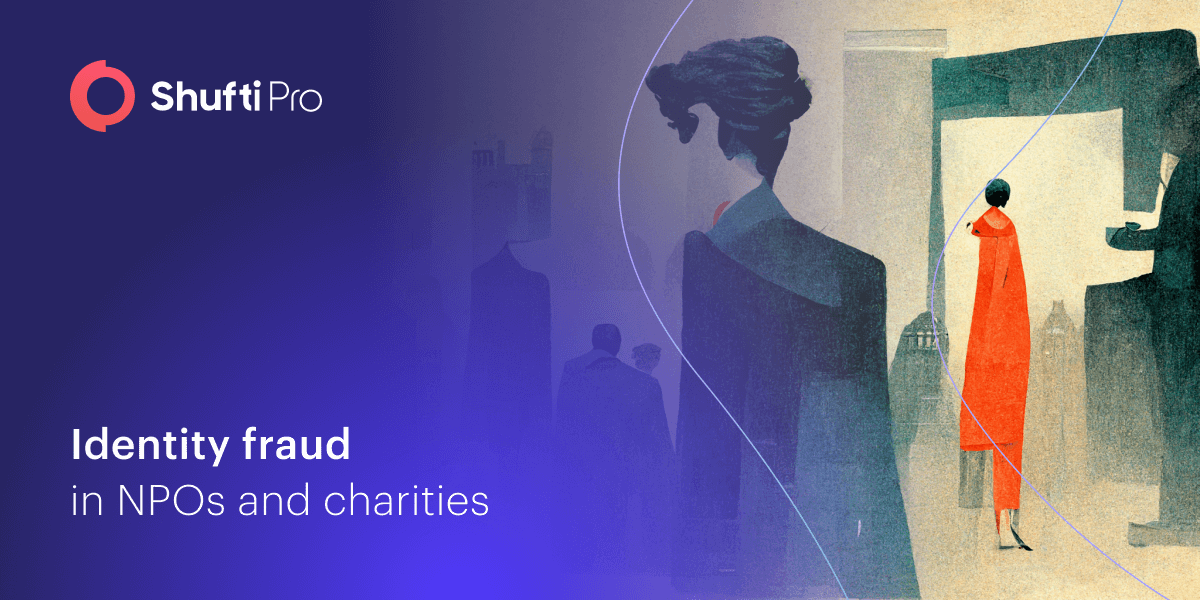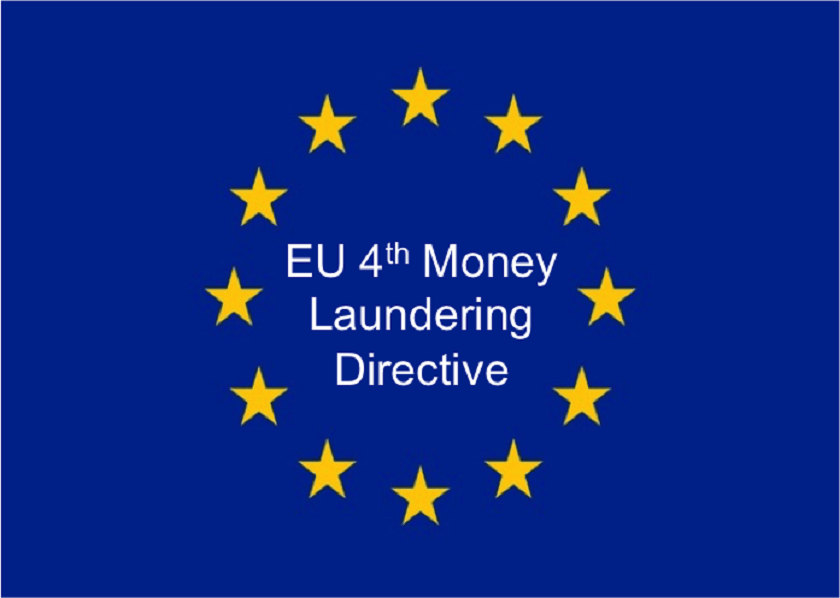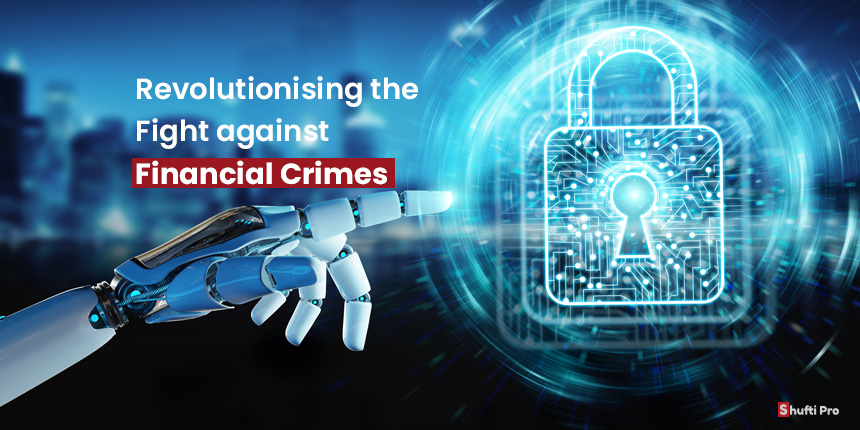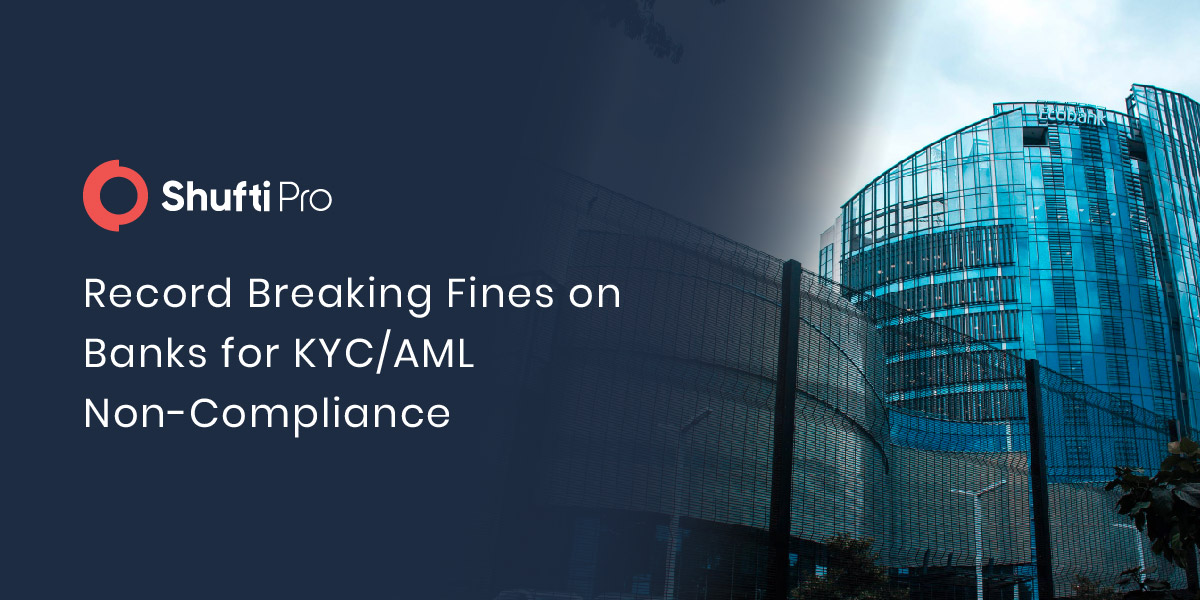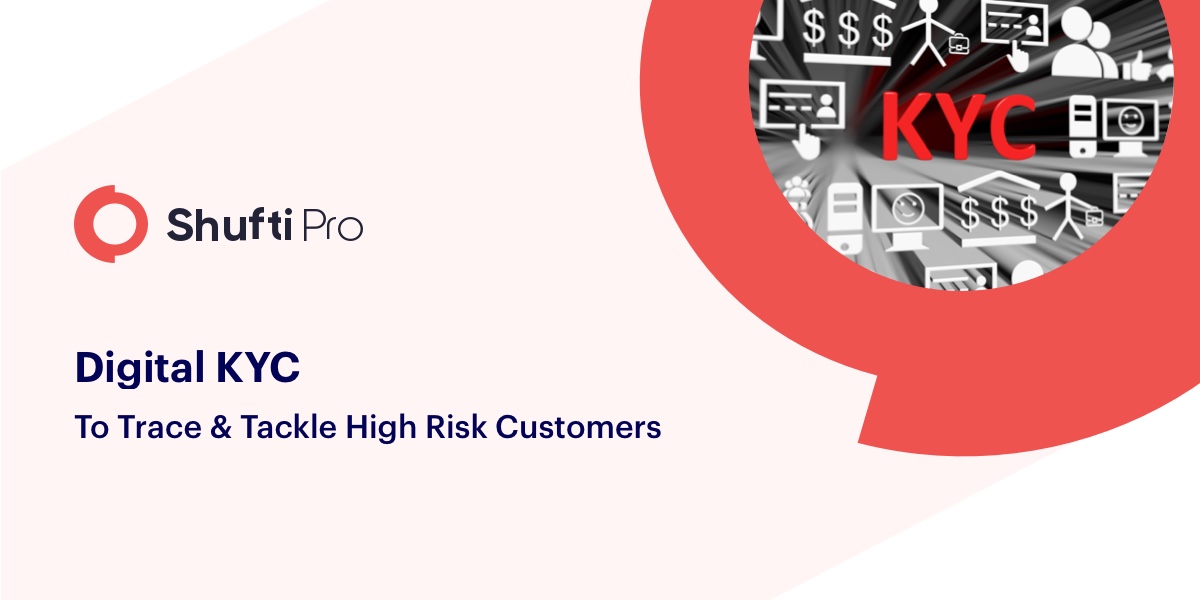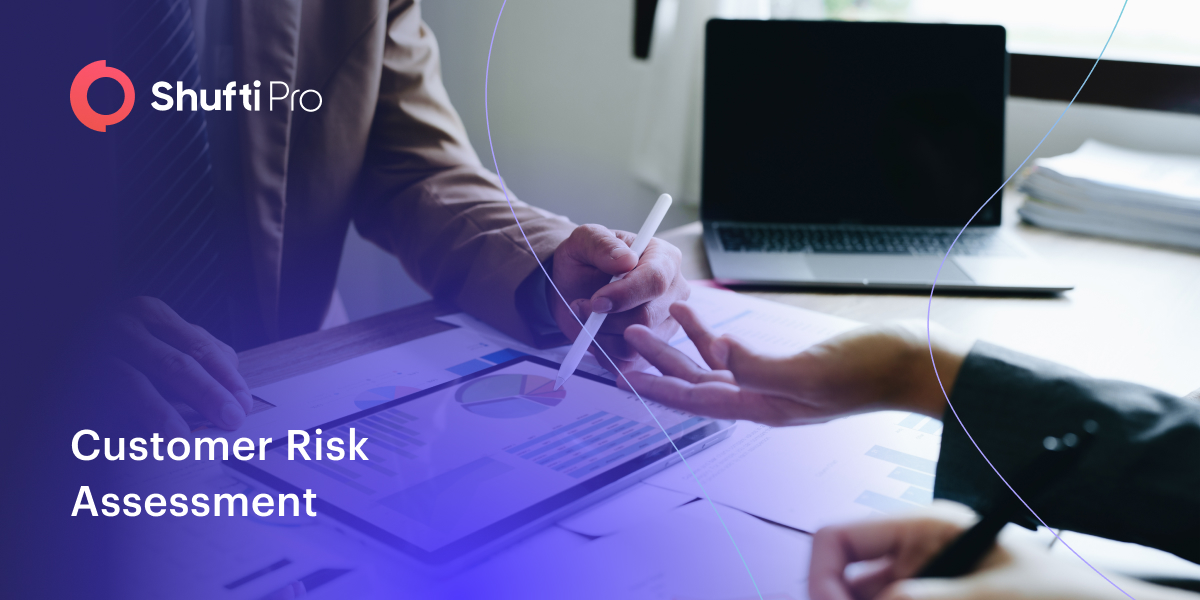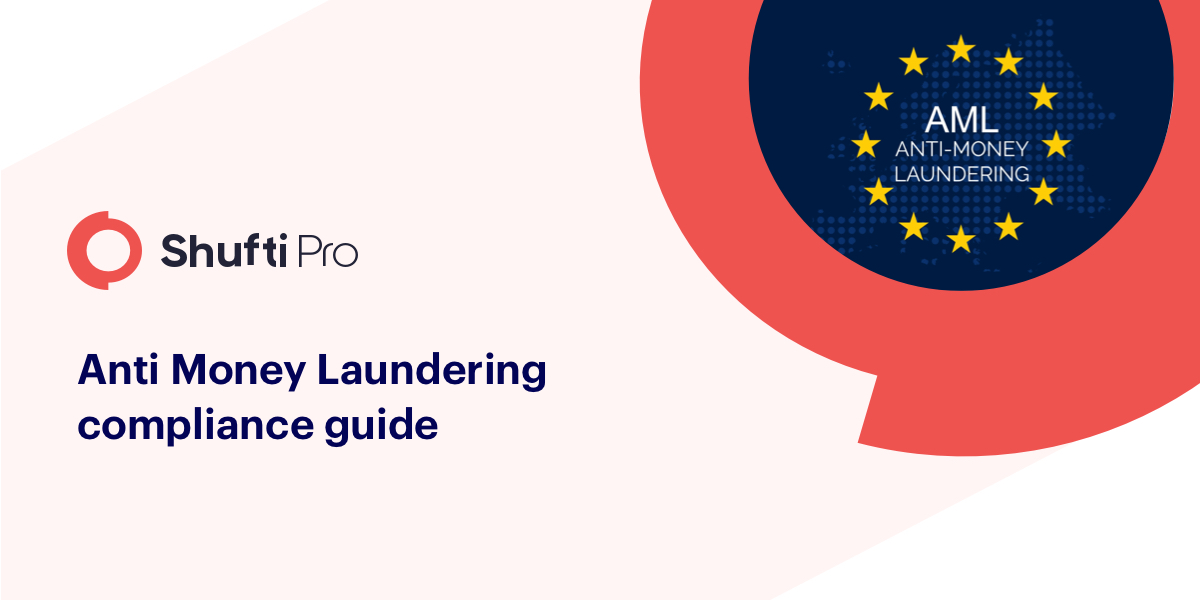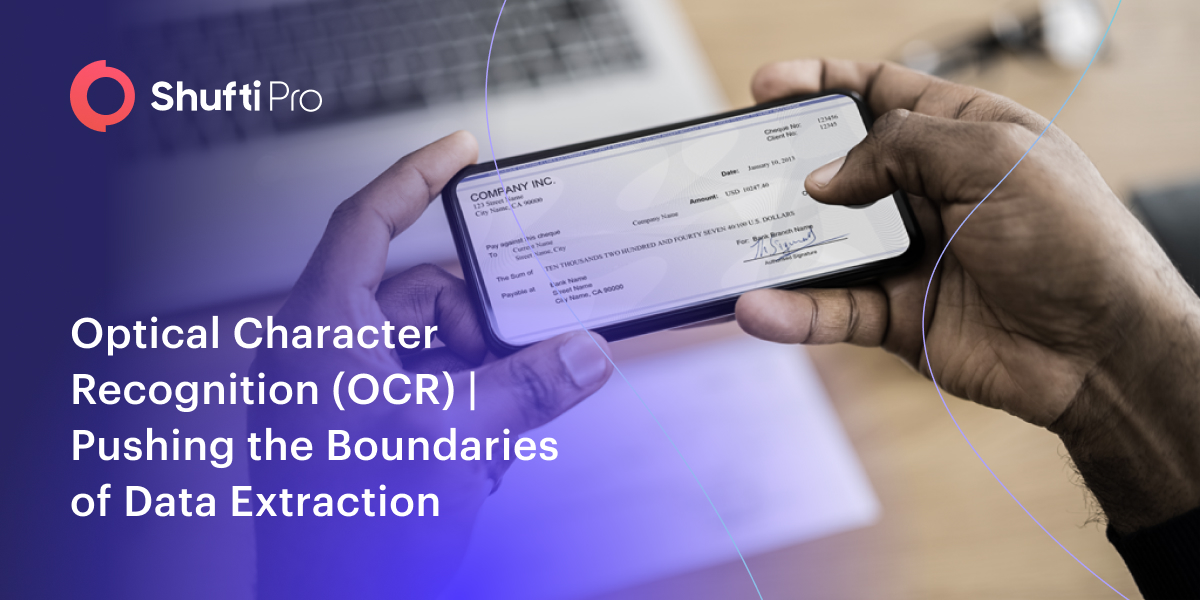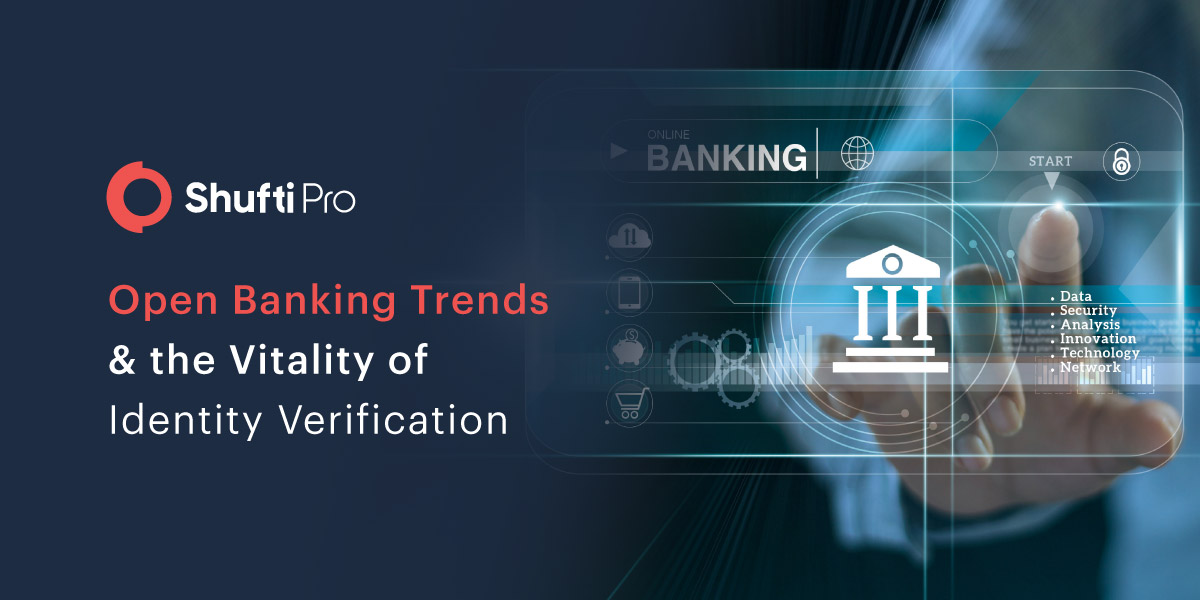Digital Currency – Replacing Fiat Money in the Modern World

Technological advancements are leading to better transaction systems in different states. Cryptocurrencies have already taken over the world and the majority of industries were moving to the crypto payment system. However, crypto is not commonplace for routine transactions in many regions of the world, which has encouraged the central banks to take centralised digital currency initiatives. Central banks of different states have come up with a better idea known as a digital currency. Also known as the Central Banks Digital Assets (CBDCs), digital currencies will soon become the new normal for trading.
During the coronavirus pandemic, all the industries chose virtual means of collaboration. Unfortunately, the virus can be transmitted from money as well and an alternative for money was needed too. The process of introducing virtual money accelerated and now the digital currency is all set to roll and China is the first state to introduce digital money. Digital yen is also under consideration. Sounds fascinating that people do not have to carry wallets and the fear of street crimes can significantly reduce. But is it just rainbows and unicorns for virtual money? If you are eager to know more about virtual currencies, keep reading to explore the facts and figures.
What is Digital Currency?
Generally, digital currency is perceived as cryptocurrencies. However, there are two types of digital currencies – one which is regulated by regulatory authorities and the one which is not. The virtual currency (CBDC) relies on blockchain for any transactions and possesses all the characteristics of traditional money. Fortunately, there are no physical barriers to digital currencies.

Impact of Digital Currency on the Global Economy
The global economy is sunk in darkness ever since the COVID-19 pandemic hit our lives. Payment systems have been adversely damaged and virtual means are becoming the new normal. Reducing physical contact should also consider dealing with fiat money and digital currency backed by central banks is a great way of completely taking the virtual road to global progress.
Sounds a fantastic idea, but is it easy to enforce virtual currency on a national or global scale? Central banks of different nations have been studying digital alternatives for fiat money for a long time. Many countries are still not in favour of virtual currencies, for instance, Egypt, Iraq, and Morocco have banned any kind of digital currency – be it an alternative for fiat or cryptocurrencies. There is a high probability that differences in the trading system can bring an economic breakdown at a global level. Foreign investments can become a problem for many states, whereas some countries have to face hassles of conversion from digital to fiat money. Furthermore, nations with virtual currencies may not be able to fully expand due to the difference in currencies. All in all, the world economy can face setbacks and a decline in global GDP can be expected too.
Risks Associated with Virtual Currency

Upgrading the money currently available in people’s wallets will upend the currency system of all countries across the globe. The increasingly warming idea of digitising national currencies might result in a war between digital fiat currency and the US dollar. Issuing digital currency means the countries get a complete hold of their currencies, which is threatening the great US dollar. The war between the world’s strongest currency and national digital currencies like digital yen and yuan can end up at a big risk for economies of all states.
According to a 2018 report, 70 percent of the banks were looking into centralised digital currency. As of today, China has begun trials of the digital yuan and Japan has introduced a three-step plan for introducing digital yen. Its introduction will help the states but money laundering is expected to increase too. Furthermore, the risk of cybercrimes like ransomware and malware can significantly increase too.
Money laundering is increasing every day, and analysts are predicting an increase in terrorist financing and money laundering with the introduction of centralised digital currency. Moreover, the financial institutions will be risking their reputation as soon as the central banks enforce virtual currencies. For instance, FINMA has regulated cryptocurrencies in the state but this does not ensure the reduction in identity theft, account takeover fraud, and other scams. Complying with the stringent KYC/AML compliance will get challenging and the need for enhanced digital biometric verification systems will increase as well. Digital KYC will be the new normal for all the financial institutions soon.
Benefits of Digital Money for the Corporate World
If regulatory authorities figure out effective ways of combating the risks associated with digital fiat currency, the benefits of enforcing digital currency are hard to count. Here are some of the advantages that China, Japan, South Korea, and other states have identified before introducing virtual fiat money for the residents.
Reduced Transaction Rates
The transaction fee is the biggest challenge that not only senders but the financial institutions face as well. Accepting a few dollars can cost the receiver a fortune and the sender is also in vain for paying a high transaction fee. The international payments can be smoothly completed with the introduction of CBDCs. How would you feel if your bank or fintech company does not have to pay two to five per cent of the transaction fee for receiving payments?
Decrease in Chargebacks
Banks are most concerned about chargeback frauds and research shows that friendly chargeback scams increase at a rate of 41 per cent. Combating chargebacks can be challenging but central bank digital currencies can significantly reduce the risk. For instance, trading in Bitcoin, customers cannot file for a chargeback. Similarly, the digital national currencies cannot allow chargebacks either, because tracing the origin of money might be tricky since the currency is based on blockchain.
No Inflation Rate
To keep the currency flowing in the economy, banks in third world countries increase the inflation rate. With digital currencies, there is a limit to issuing money which does not allow banks to increase the inflation rate. Hence, there is a high probability that many of the businesses prefer transactions in digital currency rather than fiat money.
Faster and Accurate Transactions
If you are a banker, you are well aware of the hassles for completing a transaction. Processing cheques, sustaining the cash flows, and assisting all the businesses associated with the financial entity is a tough job. Physical fiat money makes it even more troublesome, especially when it comes to international transactions. Digital currency streamlines all the processes and financial institutions can enjoy accurate transactions at a faster speed.
Fraud Prevention
Many governments are scared of the frauds that digital currency will embrace. However, it is a great way of preventing fraud. Fraudsters find sophisticated ways for their malicious plans every time the laws get stringent. With digital currency, the regulatory authorities are planning to add stringent customer verification which can help fight crimes. The digital currency will be centralised and dismantling blockchain will not be a piece of cake.
Better International Trade
Virtual money will streamline processes for international transactions making it convenient for businesses to deal with international clients. For instance, your UK-based gambling website may face challenges for getting a French client onboard. However, digital money will not have any geographical restrictions according to some reports. This makes it convenient for any business to expand in other regions of the world.
Better Compliance for CBDC Transactions
With so many perks of bringing centralised digital currency into action, the responsibilities for regulatory authorities like FATF are increasing. The Central Bank of China has announced the introduction of digital yuan by the end of 2020 and recently it issued 10 million digital yuan to test its working. Similarly, the Bank of Japan announced that it will be introducing digital yen by 2021. Introducing the currency is not the end, there are several requirements by the law enforcement agencies that banks and other entities have to comply with.
Digital currency is centralised but based on blockchain, which means its transactions will resemble crypto exchanges. Hence, the regulatory bodies of all the states, FATF, FinCEN, etc., have to design more stringent rules and regulations so that businesses do not face an increase in cybercrimes. CBDC transactions need robust verification measures as explained by the FATF and FinCEN to filter fraudsters before identity theft, account takeover fraud, and chargeback scams rapidly increase.
The AMLD5 is in action and many states have registered for it already. Now, EUs sixth anti-money laundering directive is also in the pipeline which will increase challenges for the financial institutions and all other industries dealing with money. Complying with these directives can be tough without robust KYC checks.
Read more about AMLD6: EU’s Sixth Anti-Money Laundering Directive (AMLD6)
It All Adds Up To…
Digital currencies can significantly influence corporate operations and increase international trade as well. However, the risk of trading in digital currencies can increase risks of cybercrimes and other criminal activities, especially money laundering and terrorist financing. Combating these crimes may be a hassle without digital identity checks. Banks and other financial institutions are fearing from the expected stringent know your customer and anti-money laundering compliance will increase liability for customer verification. Nevertheless, the finance sector and other online industries have Shufti’s innovative KYC solutions to save the day.
Learn more about KYC and financial institutions: Fathoming Financial Inclusion, Innovative KYC Solutions, and Integrity






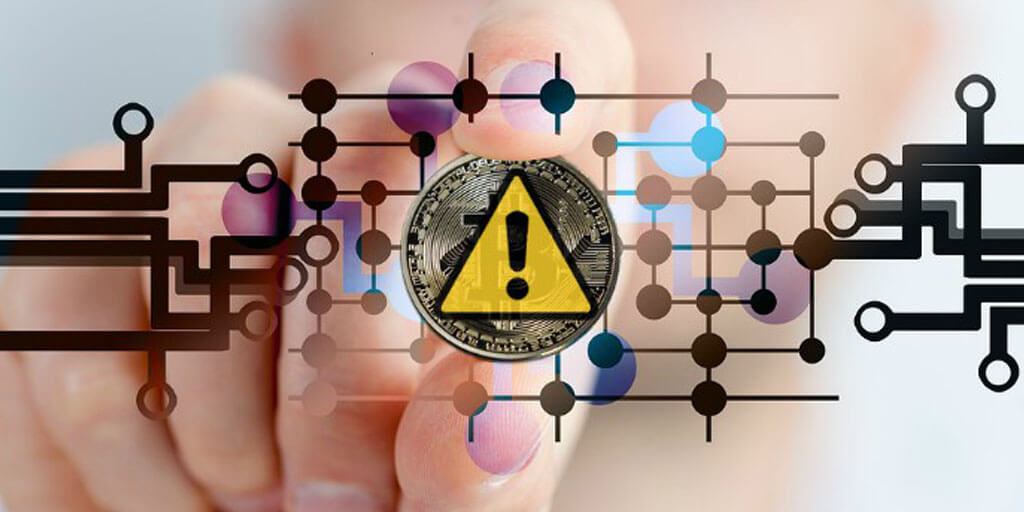




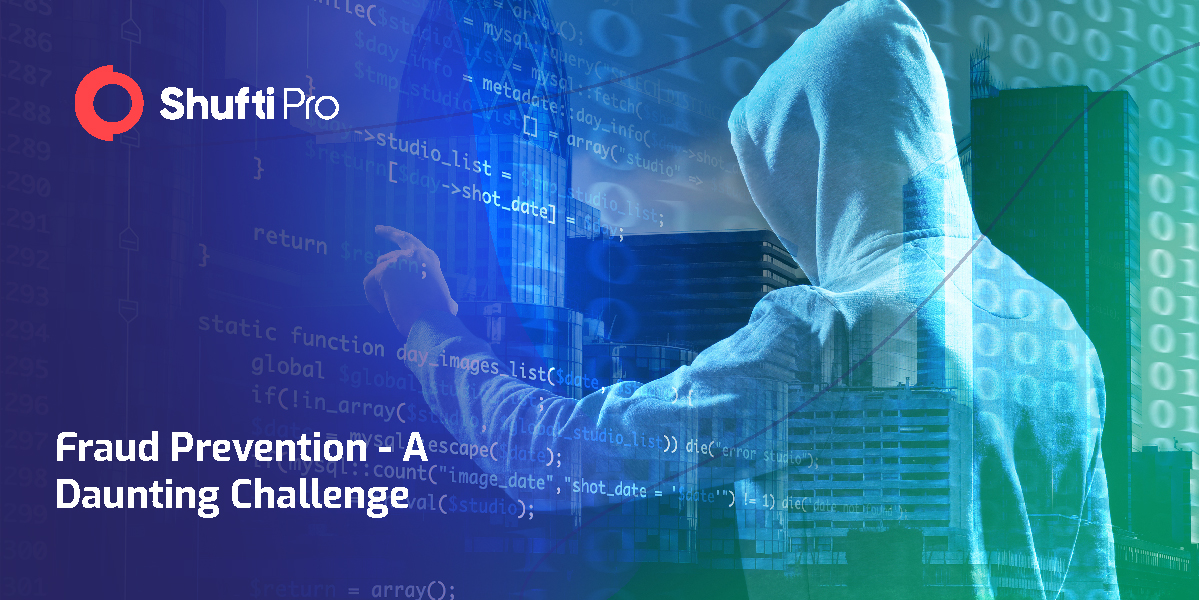






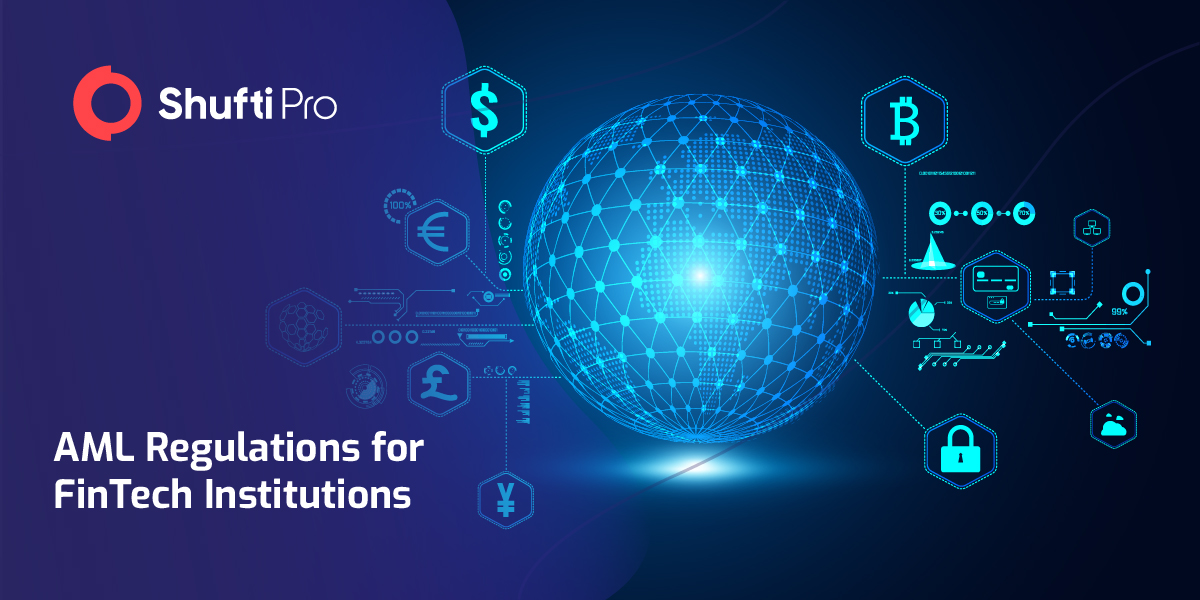
![Insights Into Austria’s Biometric KYC Onboarding [2022 Updates] Insights Into Austria’s Biometric KYC Onboarding [2022 Updates]](https://shuftipro.com/wp-content/uploads/b-img-austria.png)









